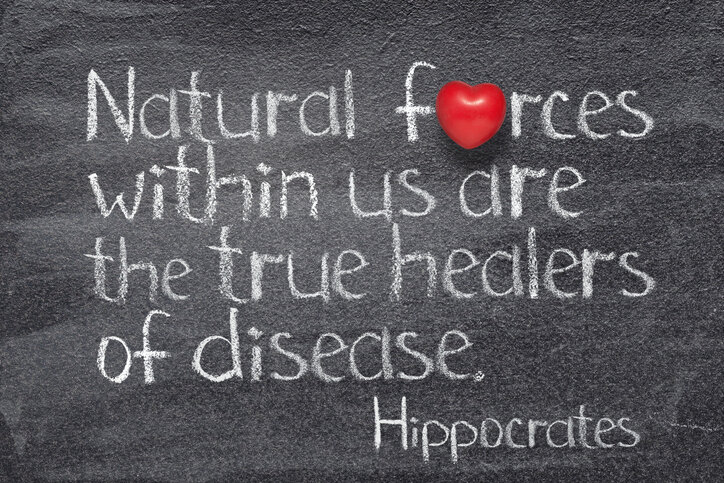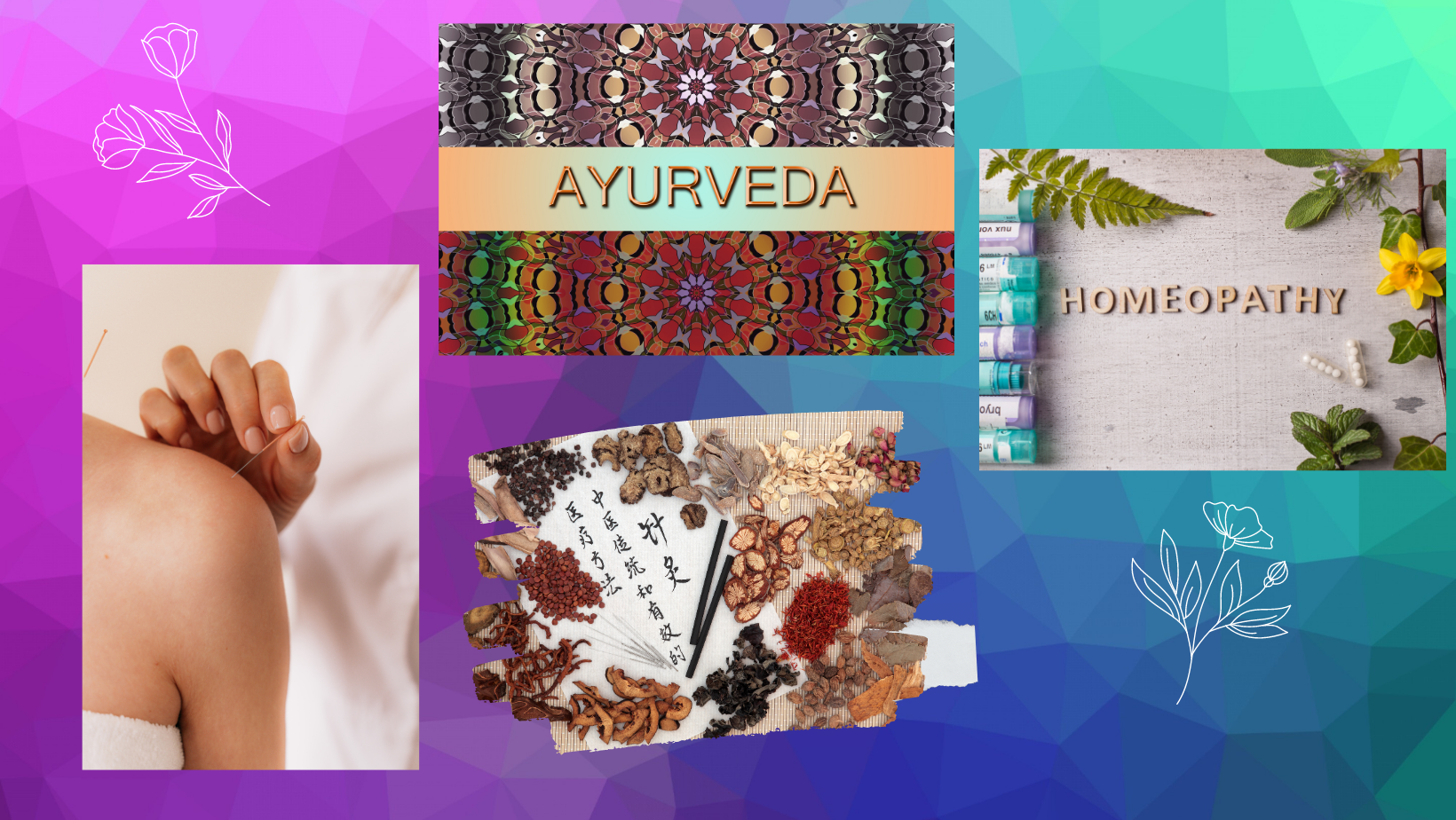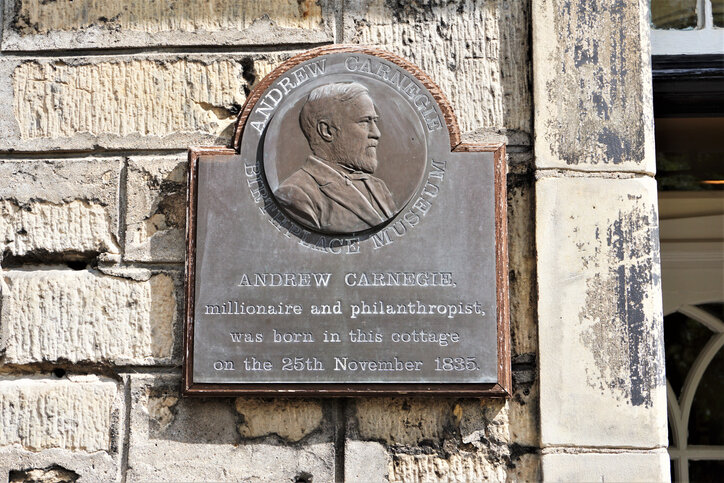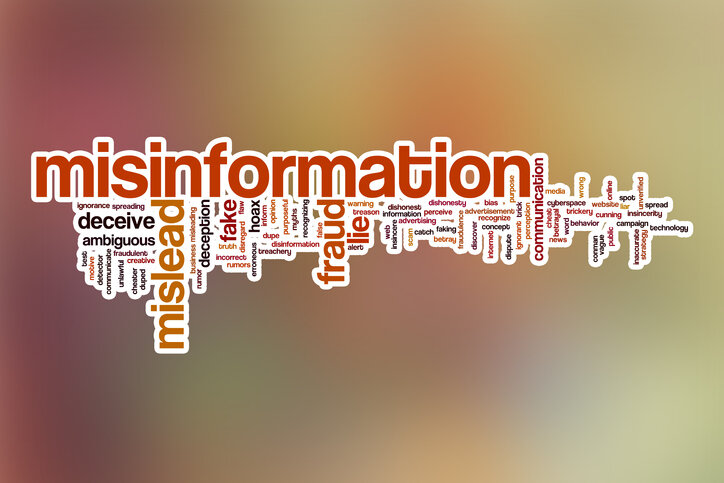You Have 8760 Hours to Work on Your Health Each Year: Choose Wisely
We call most healthcare providers doctors regardless of their specialty. But Ph.D.'s are also doctors, and they usually don't practice medicine. The word doctor stems from the Latin root docere, which means "to instruct, teach, or point out." Cicero first used the term in 55 BC and stated that instruction provides truth through rational arguments and facts. (1)
The over 2500-year-old Hippocratic oath contains the statements, "To hold my teacher in this art equal to my own parents... to teach them this art if they want to learn it, without fee or indenture; to impart precept, oral instruction, and all other instruction to my own sons, the sons of my teacher, and to indentured pupils who have taken the Healer's oath." They were first and foremost teachers; hence, they are known universally as doctors.
A paper in The British Medical Journal found that patients in 18 countries representing about 50% of the global population spend 5 min or less with their primary care physicians. (2) With so little time spent with patients, teaching them is impossible. Instead, pharmaceuticals are given to people for conditions that lifestyle modifications can cure. Diagnosing a problem, prescribing a medication to control it, or mitigate its symptoms, can be done quickly. It is also more profitable to see as many patients as possible, and spending time teaching lifestyle modification interferes with that model.
Don't blame your doctor for the current state of affairs. Most doctors are very selfless and care deeply about their patients. They genuinely want to help. So how did we get to where we are today where we’ve shifted away from teaching healthy lifestyles to our patients and started pushing chemicals?
Ancient Medicine and the Hippocratic Oath
Going back thousands of years, doctors adhered to the Hippocratic Oath, and three of its vows are to do no harm to patients, teach patients, and let food be their medicine. Adhering to the principles laid out in the oath will result in a healer with the highest moral and ethical standards. A modern variation of it exists under the World Medical Association's Declaration of Geneva, recently amended in 2017. (3) Medicine was off to a good start!
Big Tent Medicine
In the late 19th and early 20th centuries, homeopathy, osteopathy, naturopathy, herbal medicine, dietitians, acupuncture, midwives, etc., all shared room under the same tent. They all coexisted. A century ago, there were 22 homeopathic medical schools, 100 homeopathic hospitals, and over 1,000 homeopathic pharmacies. Boston University, Stanford University, and New York Medical College all taught homeopathy. (4) There was not just one way. So even though we had less knowledge, the natural healing practices were thriving.
Quackery
Unfortunately, the intricacies of the human body are still poorly understood. Imagine how bad it was thousands of years ago. In more recent times, unscientific practices like bloodletting were common. The practice most likely killed George Washington. The germ theory did not take hold until the late 19th century, thanks to Louis Pasteur. Since then, modern medical practices have gotten better and adhered much more to scientific knowledge. Antibiotics have saved millions of lives. Prior to that, drugs were not regulated. Some were useless and some were poisonous.
Patent Medicine and the FDA, and the Birth of Small Pharma
Most medicines in the 1800s were nothing more than snake oil. Many had high amounts of alcohol, opioids, and poisons. These types of cures were called “patent” medicines. That sounds good, but the word “patent” is not used in the way we know today, it referred to a family secret. President Roosevelt put a stop to the madness by signing the Pure Food and Drug Act of 1906. The act led to creating the Food and Drug Administration; it required prescriptions from licensed physicians before a patient could purchase certain drugs, and it mandated warning labels. The patent medicine industry quickly vanished. (5)
Big Pharma and Money Men
In 1910, "JD" Rockefeller and Andrew Carnegie "donated" money to the American Medical Association to study the medical school system in America. Abraham Flexner accomplished the legwork. The report claimed that natural approaches to medicine were not science-based and the better was approach was pharmaceutical care. Congress accepted his report, and put it into law. The result was that 50% of medical schools went out of business, and the pharmaceutical drug model became the gold standard of medical training. Carnegie and Rockefeller began to immediately shower hundreds of millions of dollars through their tax-exempt foundations on these medical schools that were teaching drug-intensive medicine.
Rockefeller and Carnegie forced medical schools to place their representatives on the schools' boards to receive grants and donations. If the school wanted the money, Rockefeller and Carnegie required the schools to exclude natural medicine and focus on pharmaceuticals. They invested in medical schools that pushed drugs that made them piles of money.
Ignorance is Bliss For the Medical Industry
If everyone ate whole unprocessed, nutrient-dense foods, the pharmaceutical industry would be in trouble and they know it. If brushing with fluoridated toothpaste, flossing, visiting the hygienist, and avoiding sugar worked, we would not have a 91% decay rate, and dentistry would not exist. There is more to it than that.
This site is my attempt to teach those looking for knowledge. I don't pretend to know everything. I try to back my thoughts up with citations from the scientific literature. Luckily, I hear from grateful readers from time to time. For those few of you out there who read my posts, I thank you. I hope you have found some useful information here.
Doctor Doctor Give Me the News, I got a Bad Case of Poor lifestyle choices.
You have 8760 hours each year to work on your health. You don’t need to be a goody-two-shoes all of the time, just most of it. Spending 2 hours a year with the hygienist will not negate spending the other 8758 hours eating processed carbs. It is up to you to learn what you need to do to be healthy. Luckily, when you eat the foods good for your mouth, you are also eating the exact foods that are good for the rest of you. For a quick list of the other things you need to be doing, click here.






